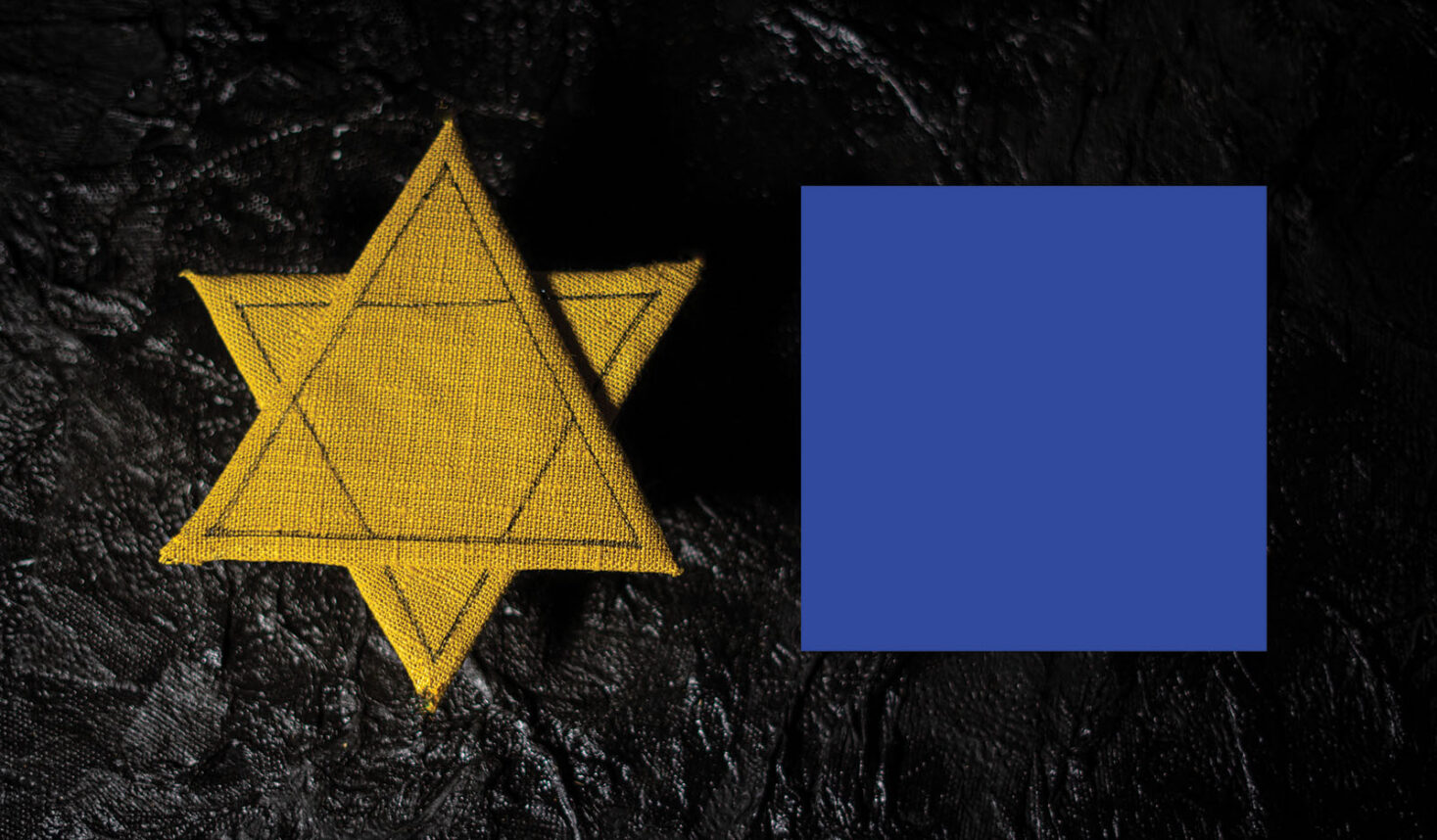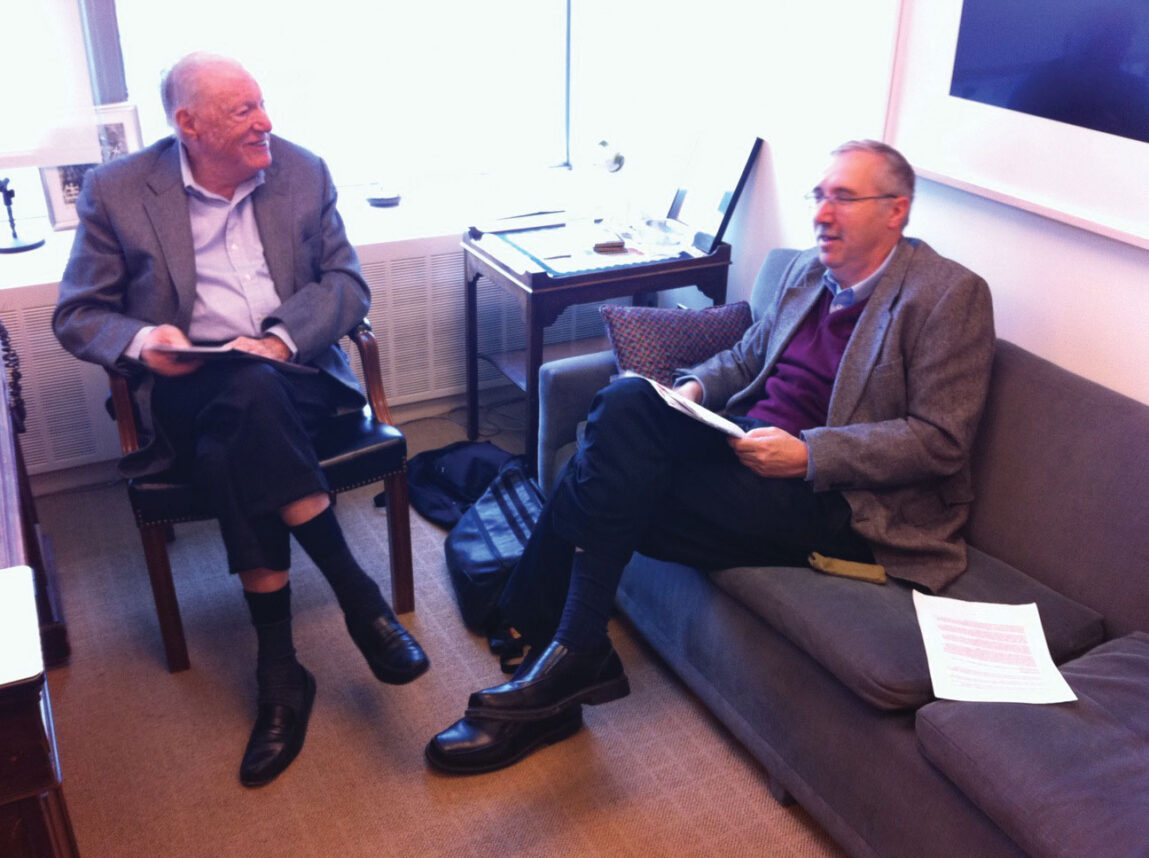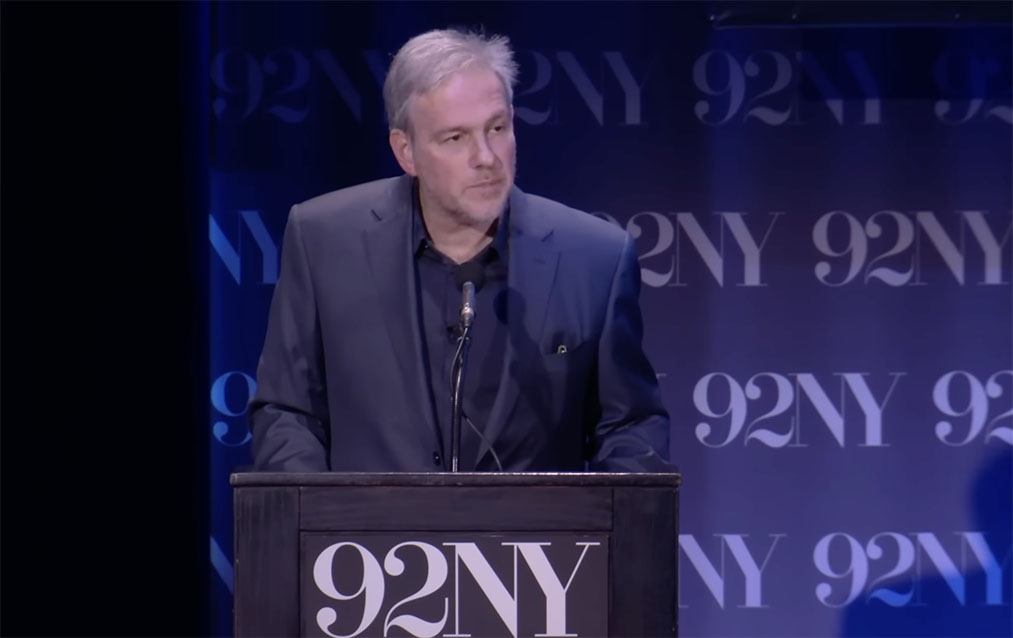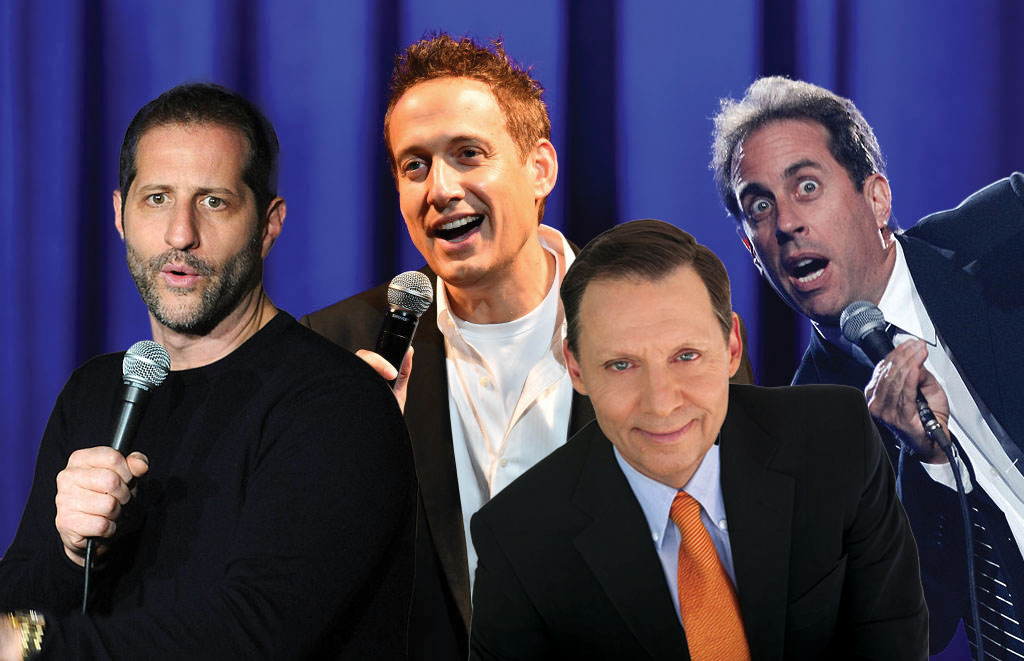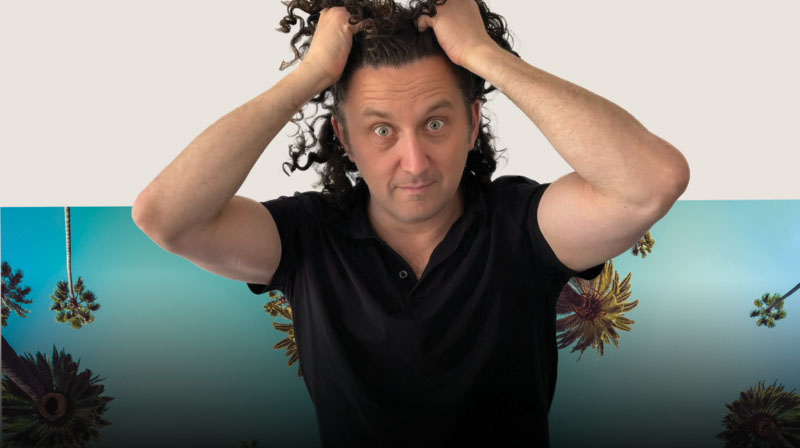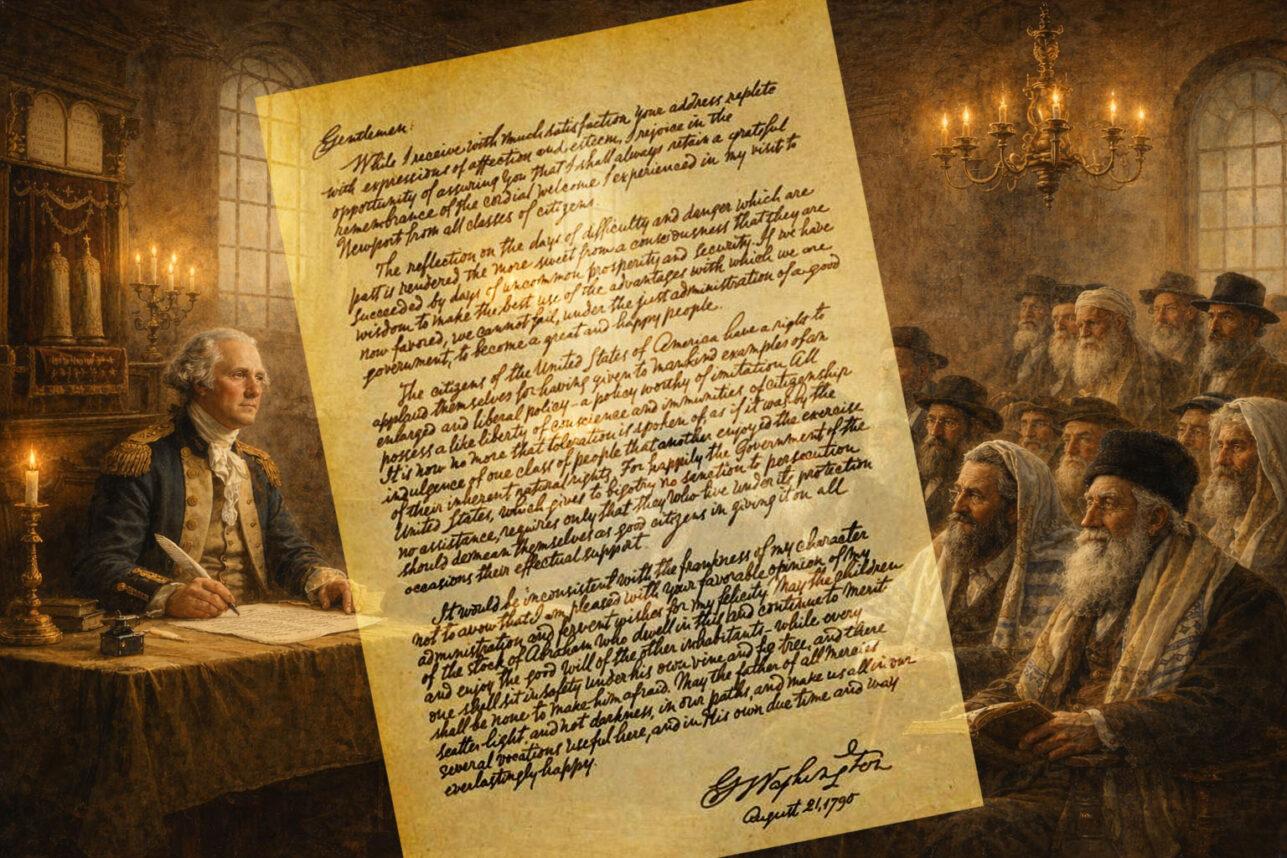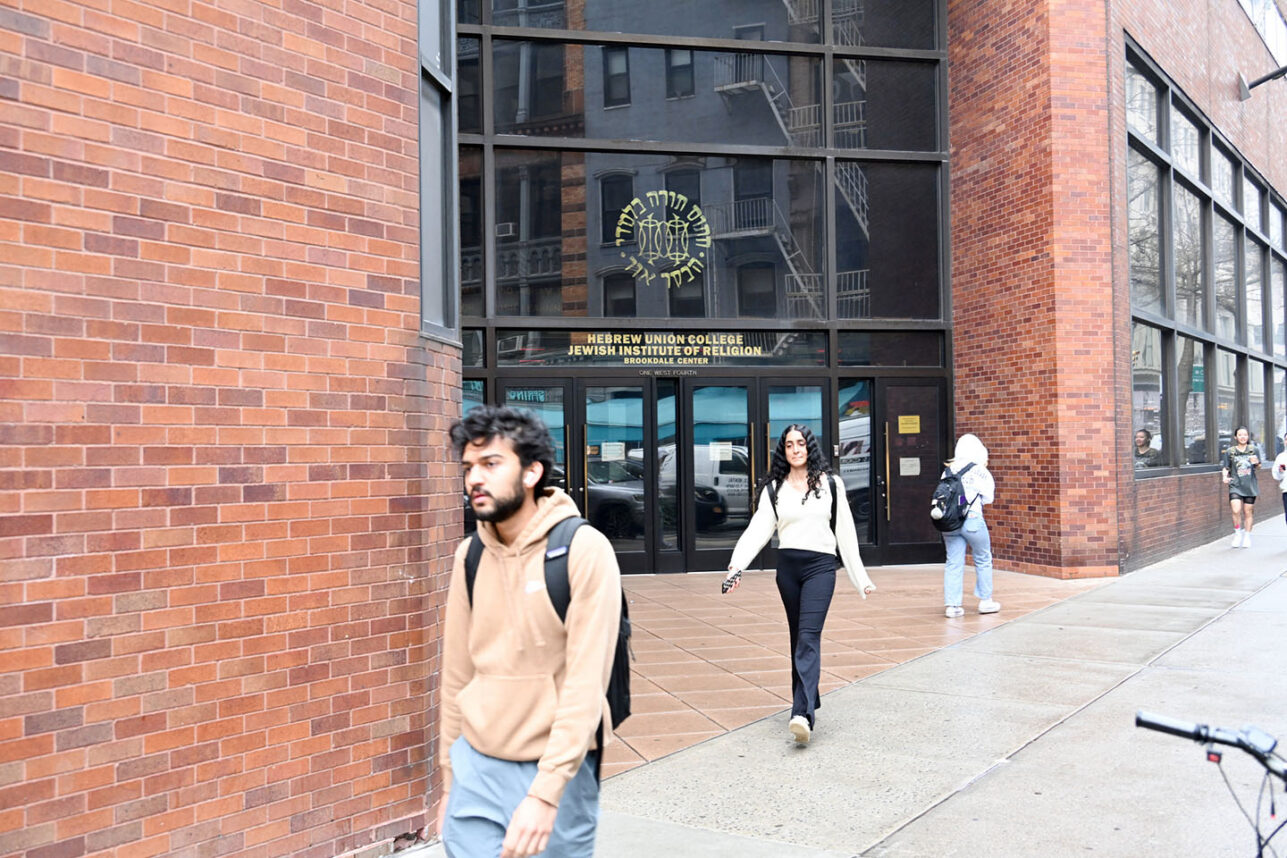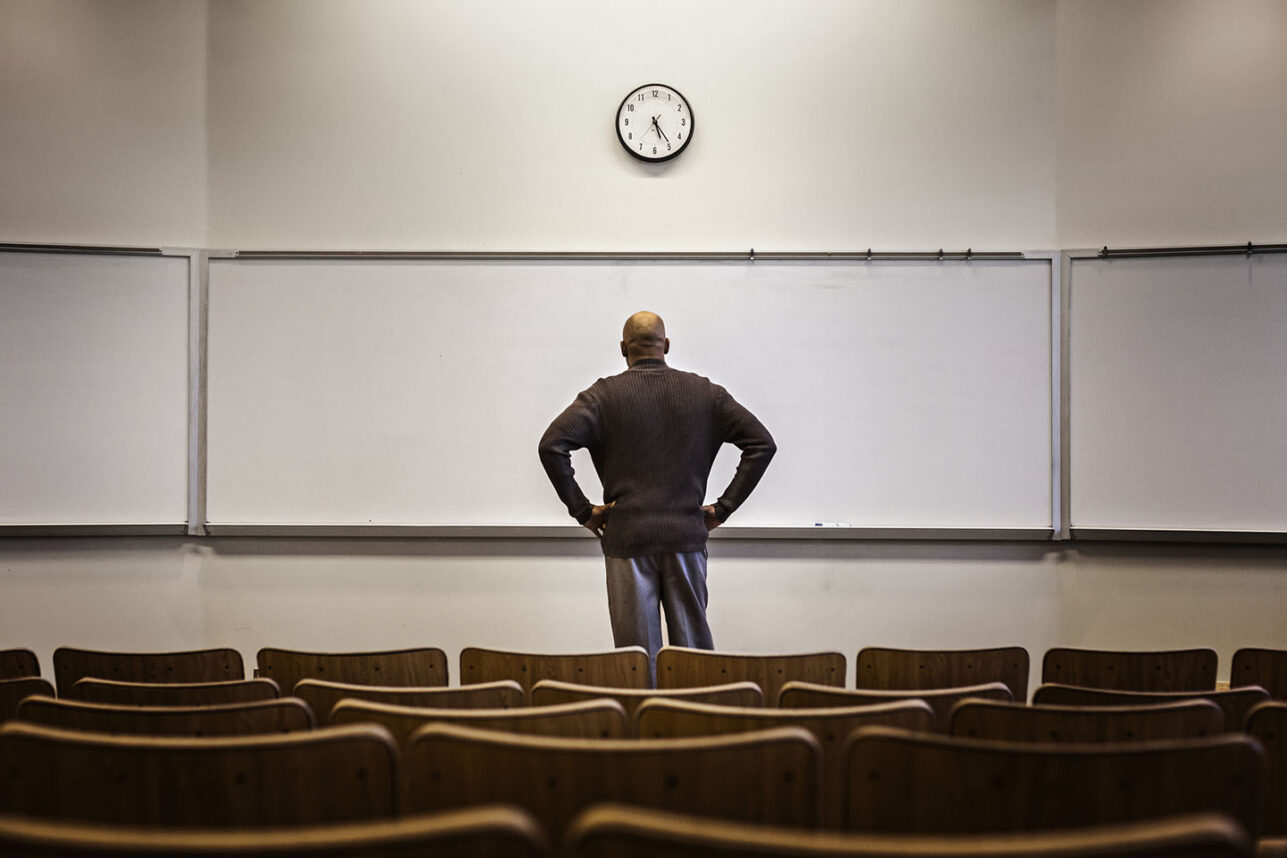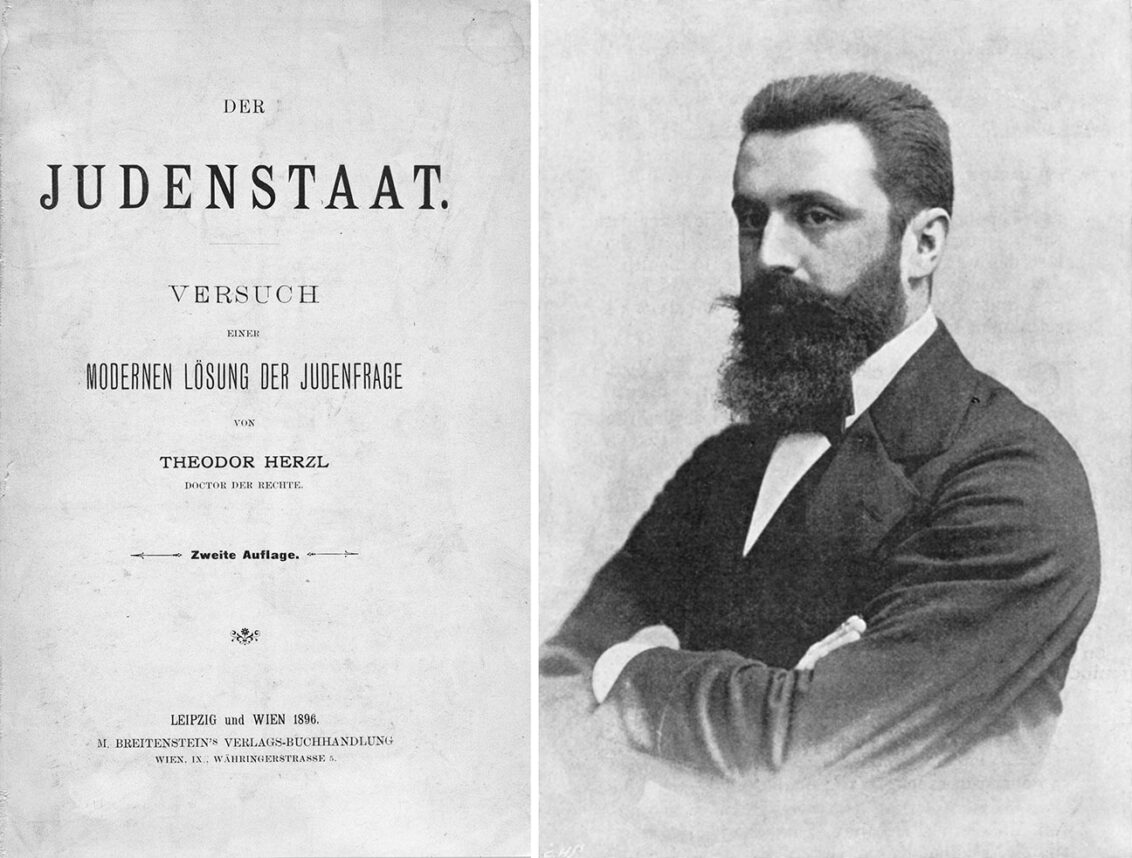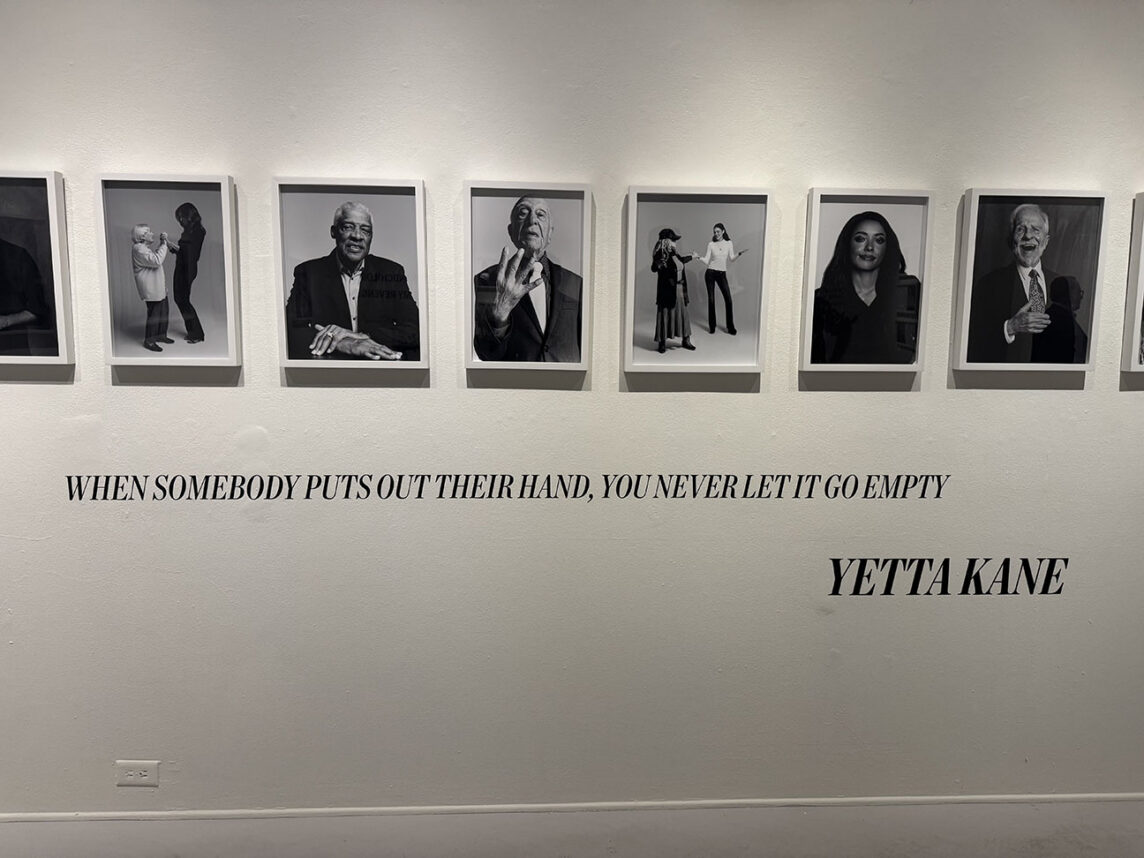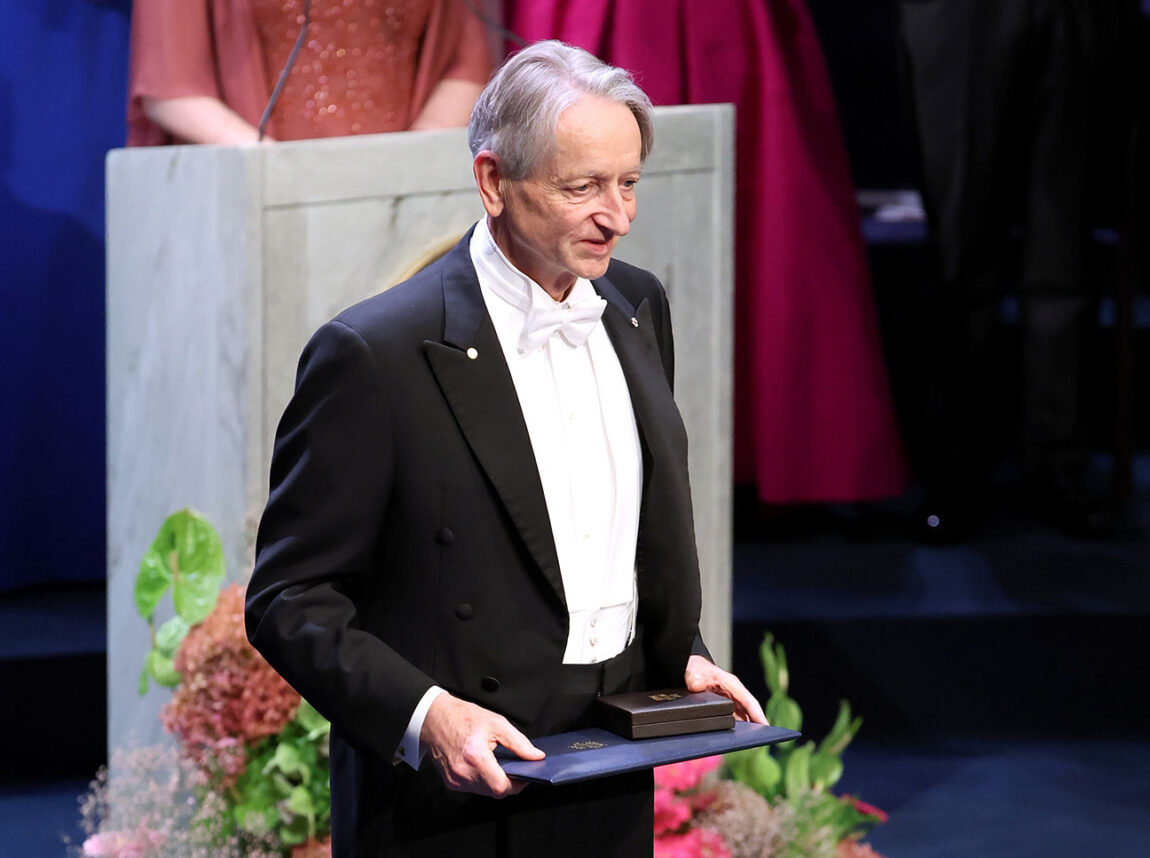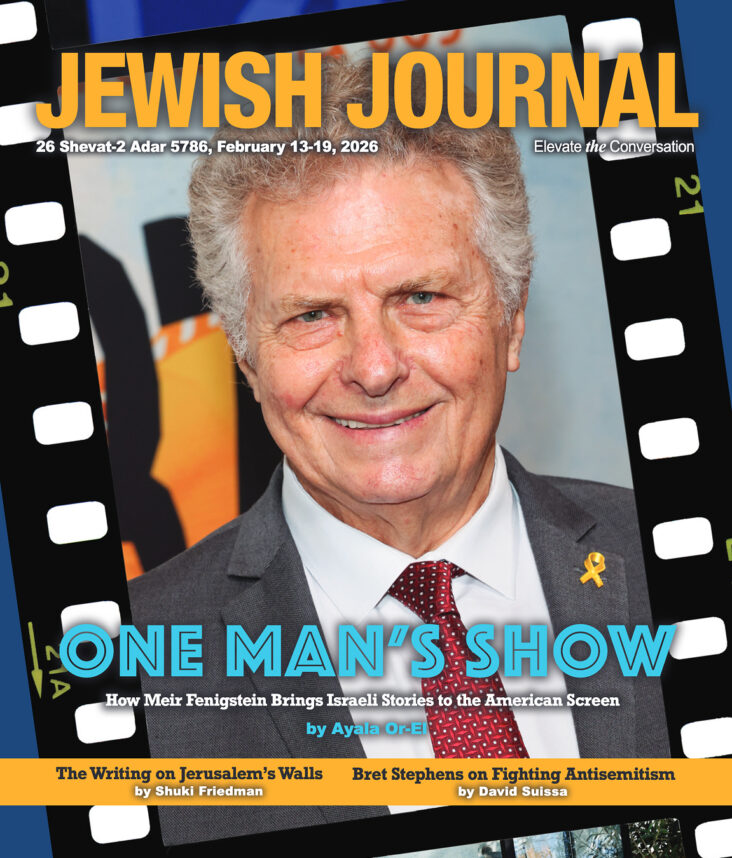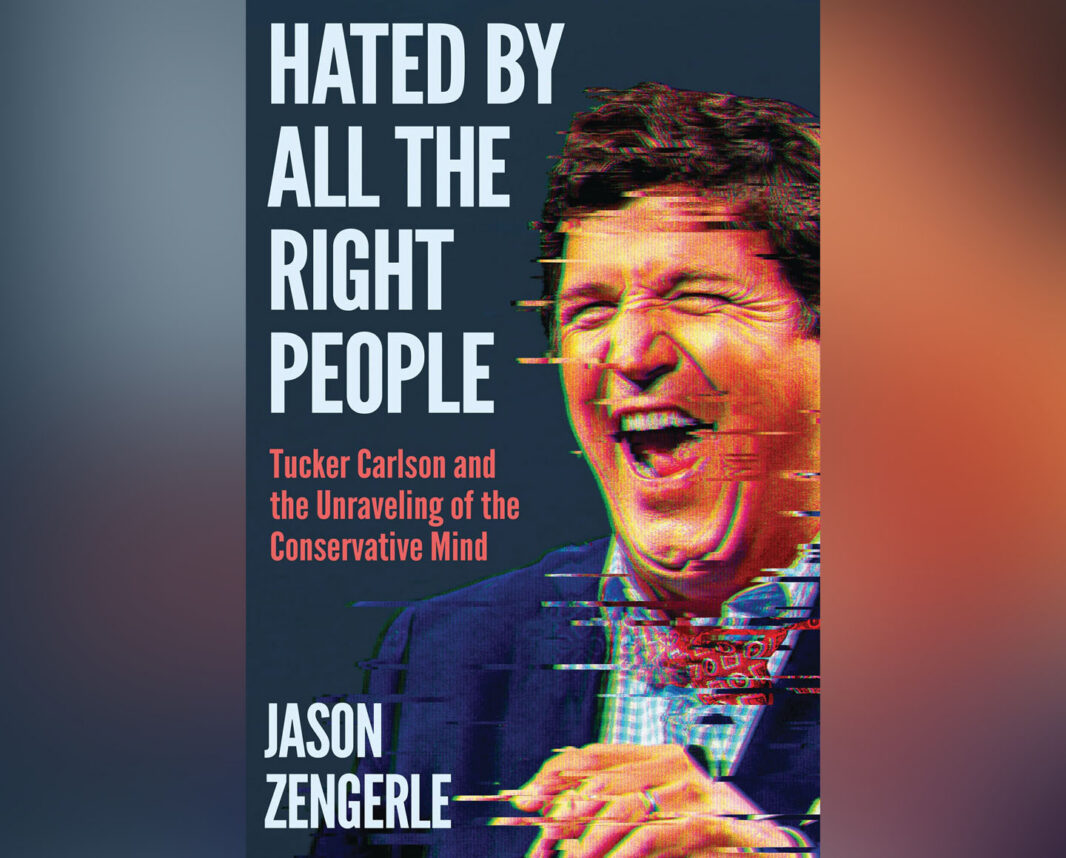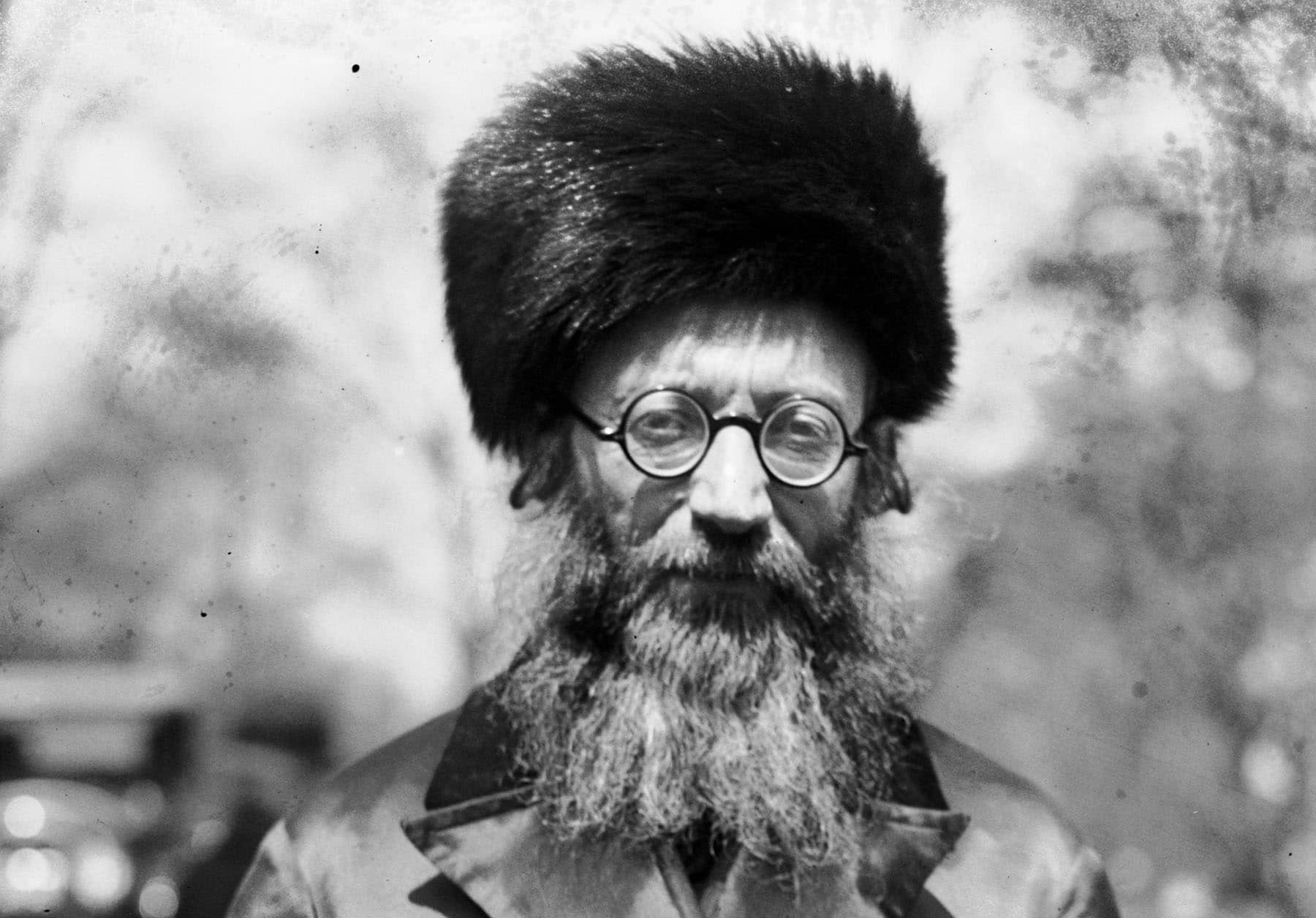
This is the second piece in a series sponsored by Tevel b’Tzedek that examines the concept of Tikkun Olam through conversations with some of the Jewish world’s best minds. The full videotaped conversation with Yehuda Mirsky, professor of Jewish Thought at Brandeis University and author of the acclaimed “Rav Kook: Mystic in a Time of Revolution,” can be seen here.
Rabbi Abraham Isaac Kook (1865-1935) is one of the most fascinating — and most important — Jewish figures of the twentieth century. A Talmudic genius and kabbalist, who even his rabbinic opponents recognized as a uniquely gifted master of Torah, Rav Kook was a mystical visionary whose perspective was cosmic in scope and also a person deeply engaged in the world. Kook was the spiritual father of Religious Zionism and creator of the modern Chief Rabbinate, who answered complicated Halachic questions and helped impoverished and desperate people on a daily basis. Trained at the famed Volozhin Yeshiva, Rav Kook became a Zionist because, according to Professor Mirsky, he thought Judaism “Was in need of a good revolution.”
What was Rav Kook’s attitude towards social justice? According to Professor Mirsky, “A major part of Rav Kook’s attraction to Zionism was based on his perception of the Zionist movement as a movement for social justice that could transform the world for the better. He saw the idealism of the secular revolutionaries of the Jewish world of the turn of the century as a kind of a vibration of God’s presence in the world. For Rav Kook, social justice and spirituality were profoundly intertwined. You can’t call somebody secular, Rav Kook asserted, if they are involved in social justice. For him the stirring within oneself to make the world better, kinder, more just, fairer and more beautiful is an echo of G-d’s stirring in the world — the way G-d speaks through us.”
Rav Kook was perhaps the first Jewish thinker who used the phrase “Tikkun Olam” in the way it is meant now — “the fixing of the world” through social and political changes that create more equality and justice for the impoverished and oppressed. According to Rabbi Yitzchak Luria, the foundational Kabbalist of fifteenth-century Sfat, Tikkun — the fixing of the shattered cosmos — was to be accomplished mainly by performing the commandments with focused inner intention. Rabbi Moshe Chaim Luzzato, Professor Mirsky explains, introduced a new idea — that Tikkun could be accomplished through historical processes. Rav Kook adopted and adapted Luzzato’s notion of Tikkun to the specifics of his own historical period: Tikkun was happening through the idealistic young men and women who were building a new, just society in the Land of Israel.
Rav Kook was perhaps the first Jewish thinker who used the phrase “Tikkun Olam” in the way it is meant now.
Professor Mirsky points out that Rav Kook was not involved in party politics. But the one party he did feel close to and tried to help was Hapoel Hamizrachi, the Religious Zionist Workers Party. Hapoel Hamizrachi was composed of both fiery young revolutionaries who grew up within Polish Hasidism (with its Kotz-inspired emphasis on existential authenticity) and of German Jewish humanists ( students of Rabbi Samson Raphael Hirsch). The party’s leader, Samuel Chaim Landau, spoke about “the sacred rebellion” against bourgeois Judaism and wished to create a socialist society, which he felt was closest to the will of God as expressed in the Torah. Rav Kook was the party’s patron, supporting them as much as he could and sometimes aiding them with a choice halachic decision — his affirmation, for example, of the right of workers to strike from a halachic point of view.
Professor Mirsky points out that Rav Kook was a complex, multi-faceted thinker. On the one hand, as a panentheistic mystic who believed that everything that existed was united in God and that God transcended everything that existed, Rav Kook was perhaps the most far-reaching universalist in the history of Jewish thought. At the same time, Rav Kook was far from our modern conception of progressive. He was against giving women the right to vote when the issue came up in the 1920s. Despite his universalism, he had a shockingly essentialist view of Jewish peoplehood. He was a nationalist, although he believed that nationalists should be open to hearing critiques from secular humanists and the religiously oriented.
Rav Kook, Professor Mirsky says, had “a richly dynamic and tensile understanding of what it is to be a human being in motion in the world. Living a Godly life meant being in the world, being alive to this time and this place — and this is a man who wore tefillin all day.” Rav Kook “had his third eye open to eternity all the time. At the same time, he paid copious attention to the details of the world.” Mirsky conveys what he witnessed in Rav Kook’s archives: on the same days as Kook was writing these incredibly dramatic poetic, mystical explorations, “he is also writing dozens and dozens of Halachic responsa, is signing off on charitable foundations, and giving money to the poor from his own pocket — he lived in poverty most of his life.”
To learn more about Rav Kook’s remarkable legacy watch the full conversation here.
Rabbi Micha Odenheimer is a writer and journalist and the founder of Tevel b’Tzedek, an Israeli organization working to address extreme poverty in the Global South.









